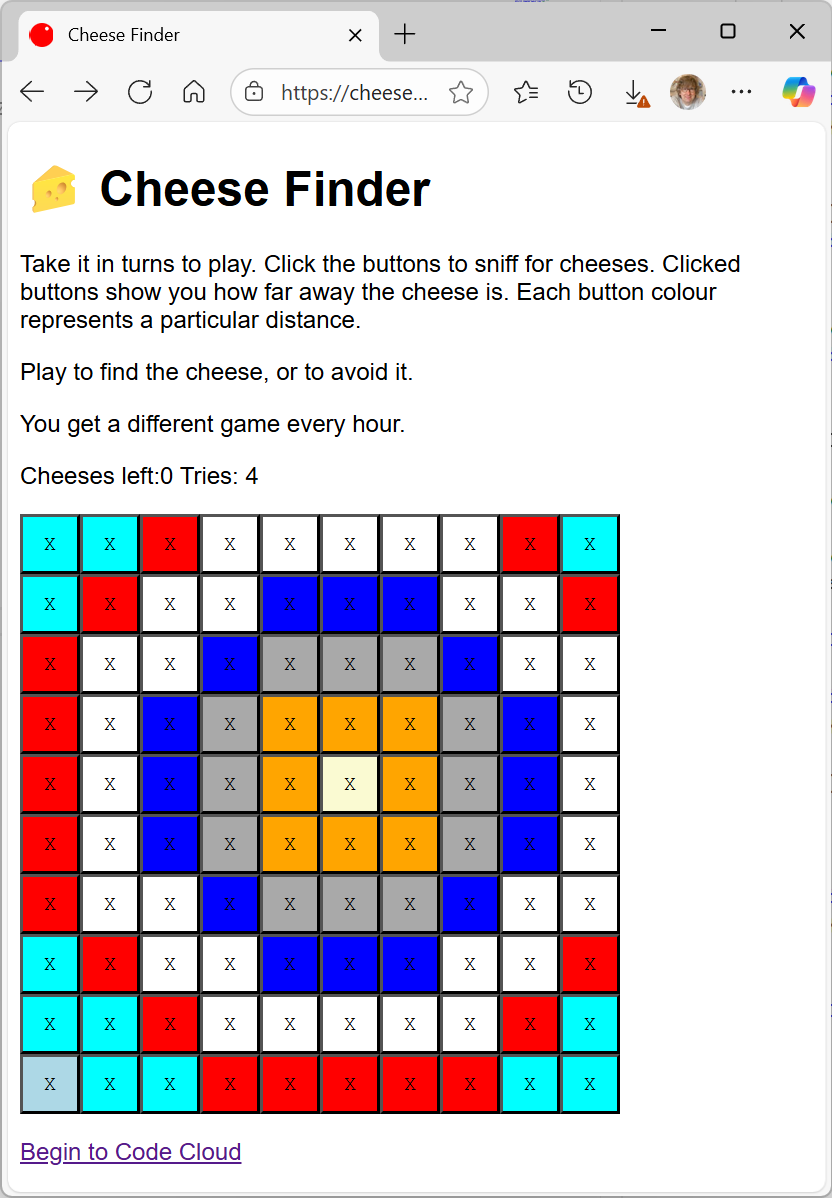Hardware at C4DI
/Robin talks radio
Tonight we had our first "proper" Hardware meetup at the C4DI. There were talks from Robin and Mike about radio hardware and one from Robert about robots. With added robot. And I stood up and waved some flashing lights around and talked about our upcoming Arduino sessions. Very, very interesting.
The first two talks, about radio communications, were amazing. It was all about the challenge of using tiny amounts of power to send signals huge distances and of designing and refining analogue circuits.
Analogue electronics has always seemed like a kind of magic to me. I'm very happy with digital signals, where things are either on or off. But analogue signals are all about signals that can take any value. The good news is that the signals obey a bunch of laws, and we can use this to build circuits that process analogue inputs in particular ways. I'm used to writing instructions for programs that tell them what to do with data that comes in. Analogue circuit design is programming with hardware. You use your maths and physics knowledge to come up with component configurations and values that should work. Then you spend ages tweaking the imperfect physical realization of your design until it does what you want.
Robin and Mike described the challenges, but also the deep satisfaction that you can get from contacting people in distant countries using hardware that you designed and made yourself. And this technology also lets you communicate when you can't get any signal bars on your shiny smartphone.
Robert then took another hardware tack. He'd brought along a robot which contained around 34 lines of program code. Not a lot perhaps, but enough to make it navigate round the room avoiding obstacles. It even backed up slowly (with appropriate warning beeper) if things got too close for comfort. Robert did a great job of explaining how what appeared to be complex behavior was actually very simple from a programming point of view.
Finally I got up and talked about our plans for future developments. We thought it might be fun to do some Arduino sessions getting to grips with programming the device, and I suggested that the Sparkfun RedBoard Starter kit would be a good basis for our work. Then something amazing happened, Ross Hamilton, C4DI regular and all round good egg, offered to sponsor our sessions to the tune of 10 RedBoard kits. This means that although it would be useful for you to have your own hardware, at a reasonable cost of 36 pounds each (less than the price of a video game) now you don't need to. I've set up a special part of this site where you can sign up for more information, and I'll post any materials that we produce up there as well.







